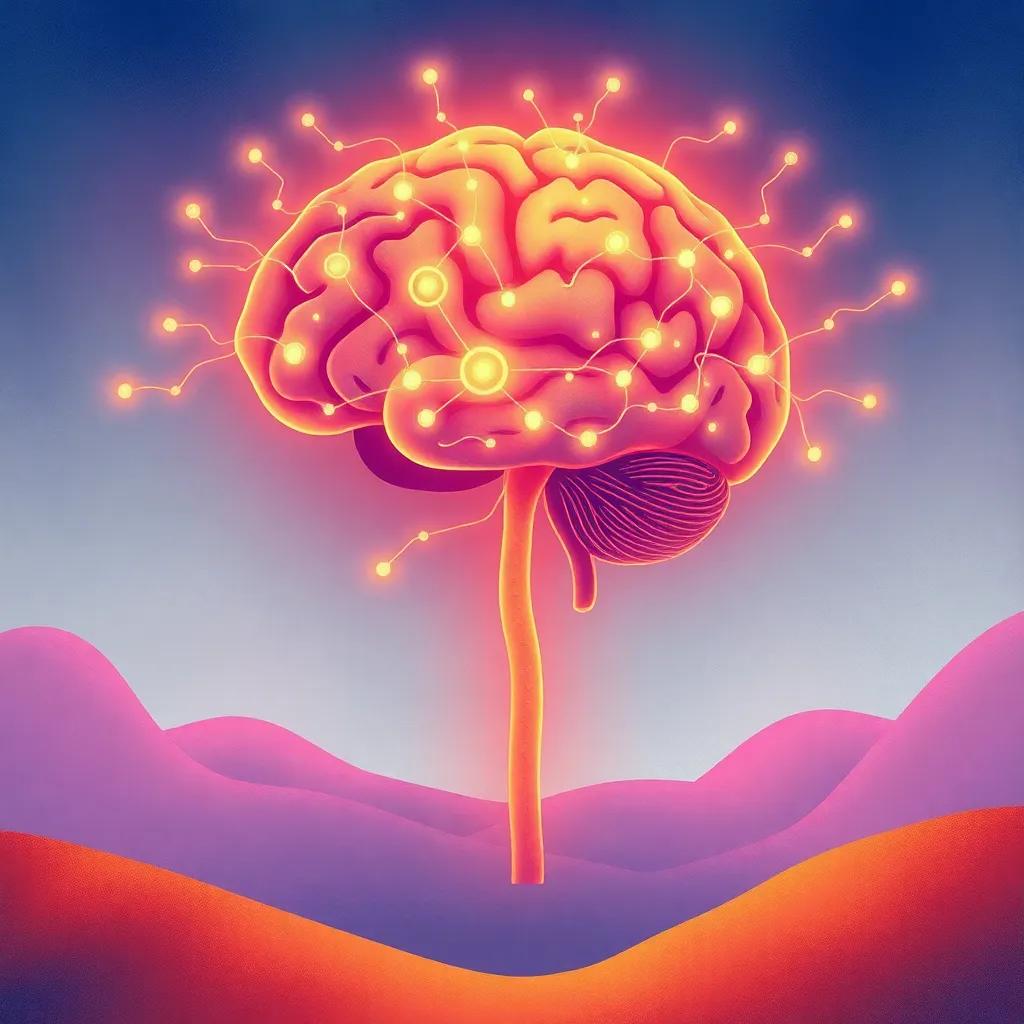Explore the gut-brain axis and its impact on mental health, with strategies to optimize gut health through diet, stress management, and lifestyle changes.
Discover how your gut microbiome influences mental clarity and emotional balance, and learn evidence-based strategies to optimize gut health for better mental well-being.
The Gut-Brain Axis: A Complex Communication Network
The gut-brain axis is a bidirectional communication system that links the emotional and cognitive centers of the brain with peripheral intestinal functions. This complex network involves the central nervous system (CNS), the enteric nervous system (ENS), and the gut microbiota. Recent studies have shown that the gut microbiota can influence brain function and behavior through various mechanisms, including the production of neurotransmitters, immune system modulation, and the vagus nerve.
Neurotransmitters and the Microbiome
Neurotransmitters like serotonin and dopamine play a crucial role in regulating mood and cognitive function. Interestingly, about 90% of serotonin, often referred to as the ‘feel-good’ neurotransmitter, is produced in the gut. The gut microbiota can influence the production and regulation of these neurotransmitters, thereby affecting mental health,
says Dr. Jane Foster, a neuroscientist at McMaster University. Dysbiosis, or an imbalance in the gut microbiota, has been linked to conditions such as anxiety, depression, and even neurodegenerative diseases.
Strategies to Optimize Gut Health
There are several evidence-based strategies to optimize gut health and, consequently, mental clarity and emotional balance. These include:
- Probiotics: These are live beneficial bacteria that can help restore the balance of the gut microbiota. Foods like yogurt, kefir, and sauerkraut are rich in probiotics.
- Prebiotics: These are non-digestible fibers that feed the beneficial bacteria in the gut. Foods like garlic, onions, and bananas are excellent sources of prebiotics.
- Fermented Foods: These foods undergo a process of lacto-fermentation, which enhances their probiotic content. Examples include kimchi, miso, and kombucha.
The Role of Stress, Sleep, and Exercise
Stress, sleep, and exercise are also critical factors in maintaining a healthy microbiome. Chronic stress can disrupt the gut microbiota, leading to dysbiosis. Stress management techniques such as mindfulness, meditation, and regular exercise can help maintain a healthy gut-brain axis,
explains Dr. Emeran Mayer, a gastroenterologist at UCLA. Adequate sleep is equally important, as poor sleep quality has been linked to alterations in gut microbiota composition.
Expert Insights and Recent Studies
Recent studies have further elucidated the gut-brain connection. A 2021 study published in Nature Microbiology found that specific gut bacteria are associated with improved mental health outcomes. Another study in Cell highlighted the role of the vagus nerve in mediating the effects of the gut microbiota on the brain. These findings underscore the importance of a holistic approach to mental health that includes gut health,
says Dr. John Cryan, a neuroscientist at University College Cork.
Conclusion
Optimizing your microbiome is a powerful strategy for enhancing mental clarity and emotional balance. By incorporating probiotics, prebiotics, and fermented foods into your diet, managing stress, ensuring adequate sleep, and engaging in regular exercise, you can support a healthy gut-brain axis and improve your overall well-being.




